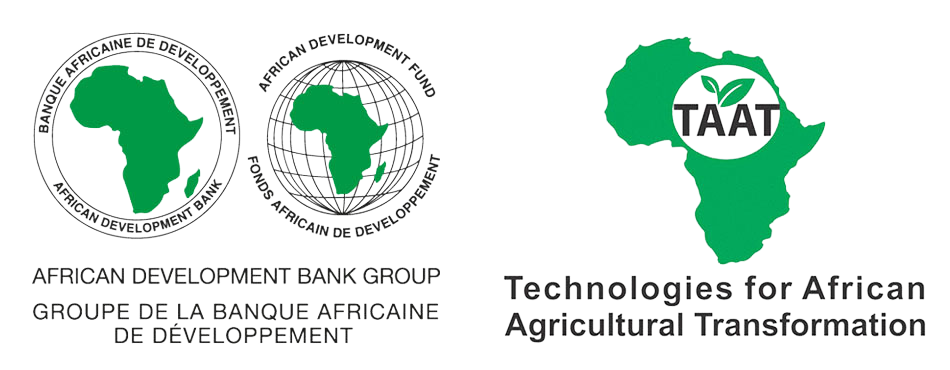


Advanced Soybean Inoculation Solution for Sustainable Agriculture
This technology is a solid inoculant, which contains the industry-standard strain USDA 110 and includes a gum Arabic adhesive and user instructions. It is packed in 100 g packets sufficient for 10 to 15 kg soybean seed.
This technology is TAAT1 validated.
To build the NoduMax factory
To equip the NoduMax factory
Unknown
For Manufacturer
Producing NoduMax technology offers a cost-effective and sustainable solution to numerous farmers, empowering diverse farming communities and contributing to improved health and wellbeing globally.
In order to efficiently produce the input, you need to identify reliable suppliers for manufacturing machines and obtaining the necessary raw materials. The NoduMax factory at the IITA BIP cost about $150,000 to build, and another $120,000 to equip. The factory has the capacity to produce 16 tons of product per year worth over $500,000.
Your potential customers are : wholesale distributors of input to retailers, and to development projects, government agencies, and NGOs.
Building strong partnerships with wholesale distributor networks is key to the success of your business.
For Resellers
Selling NoduMax not only provides a valuable product but also fosters closer engagement with users while simultaneously enhancing health and wellbeing on a global scale.
To successfully navigate this market, you need to know where to source NoduMax in bulk, identify efficient transportation methods, and explore suitable storage facilities
Your potential customer base is: small, local retailers, development projects, producers, and producer cooperatives or associations.
For Users
Using NoduMax, ensures cost-effective and sustainable farming, boosting yields and soil health while reducing reliance on expensive fertilizers. This promotes economic benefits and contributes to efficient, environmentally-friendly agriculture.
As key partners you need sellers of NoduMax.
The cost structure, one Kg price of NoduMax, is set at USD3-3,2.
You need to estimate the profit realized with the use of the the product
Adults 18 and over: Positive high
The poor: Positive medium
Under 18: Positive medium
Women: Positive medium
Climate adaptability: Highly adaptable
Farmer climate change readiness: Significant improvement
Biodiversity: Positive impact on biodiversity
Carbon footprint: Much less carbon released
Environmental health: Greatly improves environmental health
Soil quality: Improves soil health and fertility
Water use: Much less water used
Scaling Readiness describes how complete a technology’s development is and its ability to be scaled. It produces a score that measures a technology’s readiness along two axes: the level of maturity of the idea itself, and the level to which the technology has been used so far.
Each axis goes from 0 to 9 where 9 is the “ready-to-scale” status. For each technology profile in the e-catalogs we have documented the scaling readiness status from evidence given by the technology providers. The e-catalogs only showcase technologies for which the scaling readiness score is at least 8 for maturity of the idea and 7 for the level of use.
The graph below represents visually the scaling readiness status for this technology, you can see the label of each level by hovering your mouse cursor on the number.
Read more about scaling readiness ›
Semi-controlled environment: prototype
Common use by projects NOT connected to technology provider
| Maturity of the idea | Level of use | |||||||||
| 9 | ||||||||||
| 8 | ||||||||||
| 7 | ||||||||||
| 6 | ||||||||||
| 5 | ||||||||||
| 4 | ||||||||||
| 3 | ||||||||||
| 2 | ||||||||||
| 1 | ||||||||||
| 1 | 2 | 3 | 4 | 5 | 6 | 7 | 8 | 9 | ||
| Country | Testing ongoing | Tested | Adopted |
|---|---|---|---|
| Benin | –No ongoing testing | –Not tested | Adopted |
| Ghana | –No ongoing testing | –Not tested | Adopted |
| Mozambique | –No ongoing testing | –Not tested | Adopted |
| Nigeria | –No ongoing testing | –Not tested | Adopted |
| Togo | –No ongoing testing | –Not tested | Adopted |
This technology can be used in the colored agro-ecological zones. Any zones shown in white are not suitable for this technology.
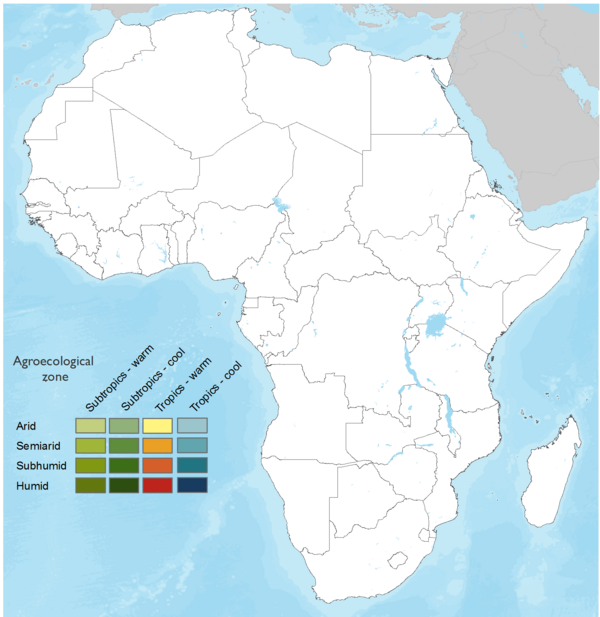
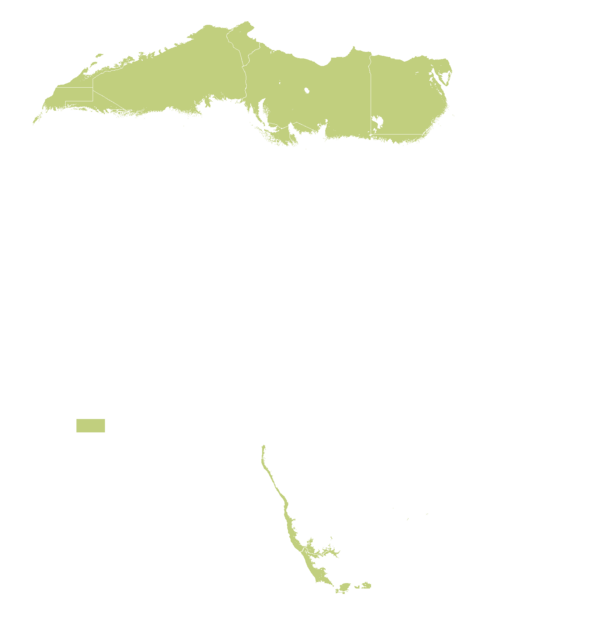

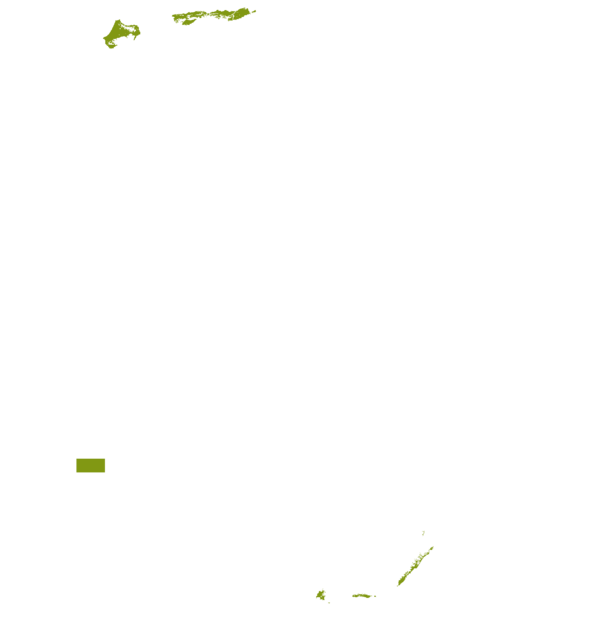
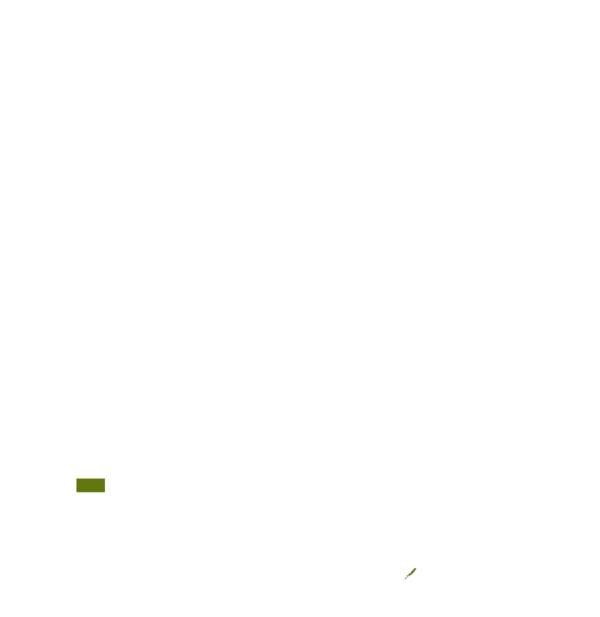

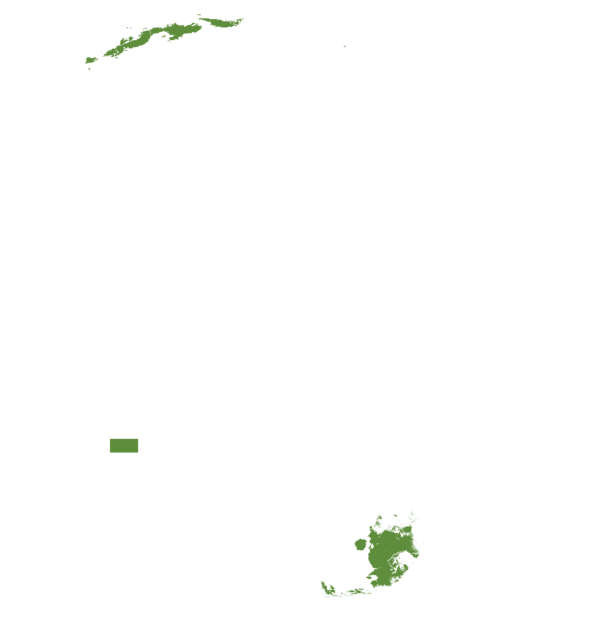
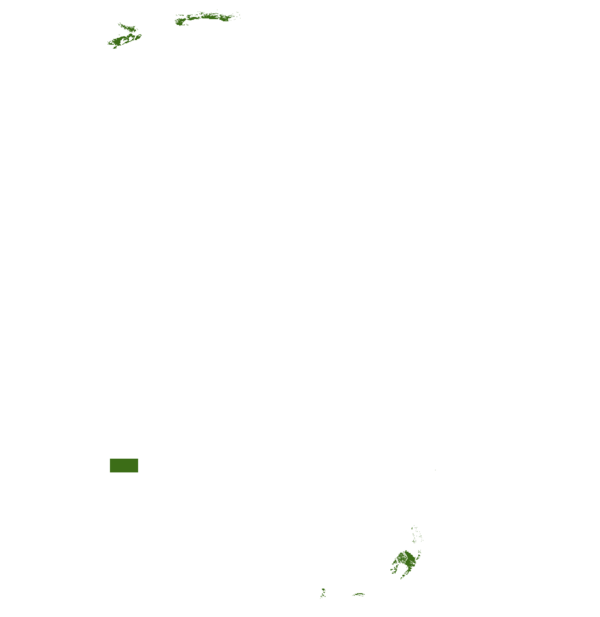

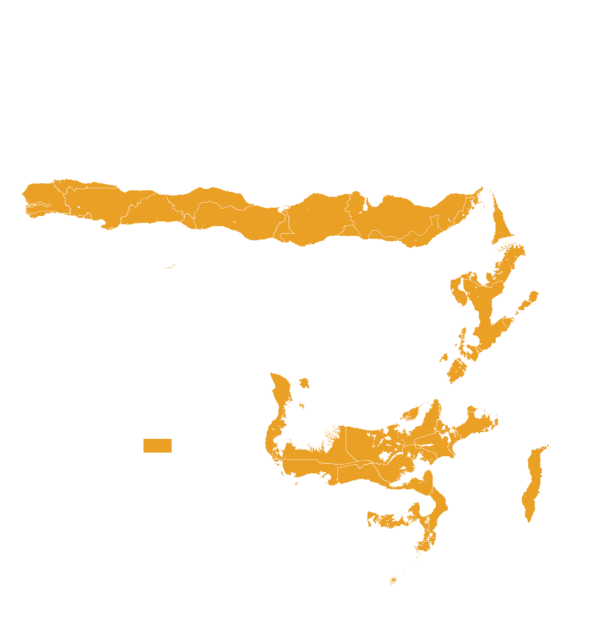
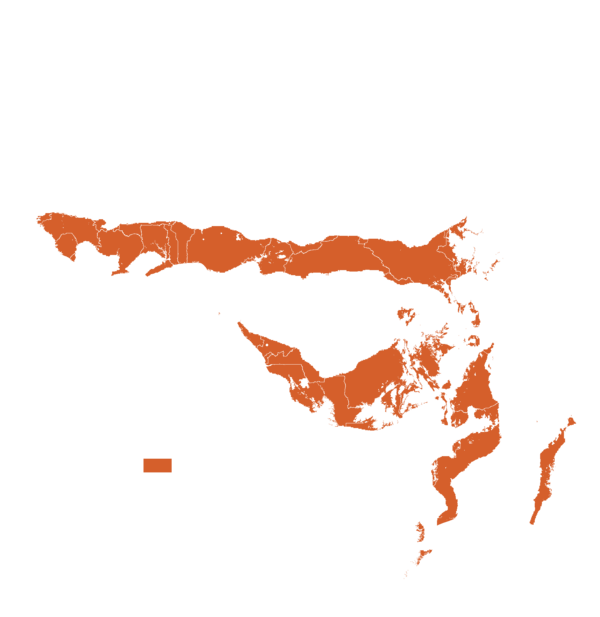

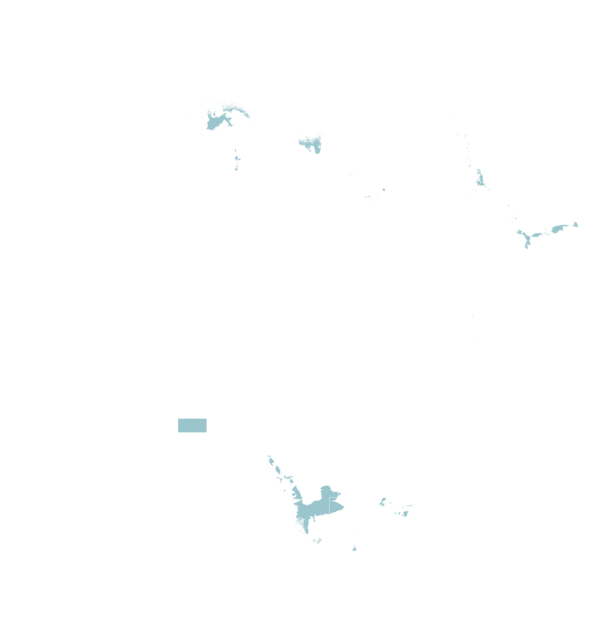

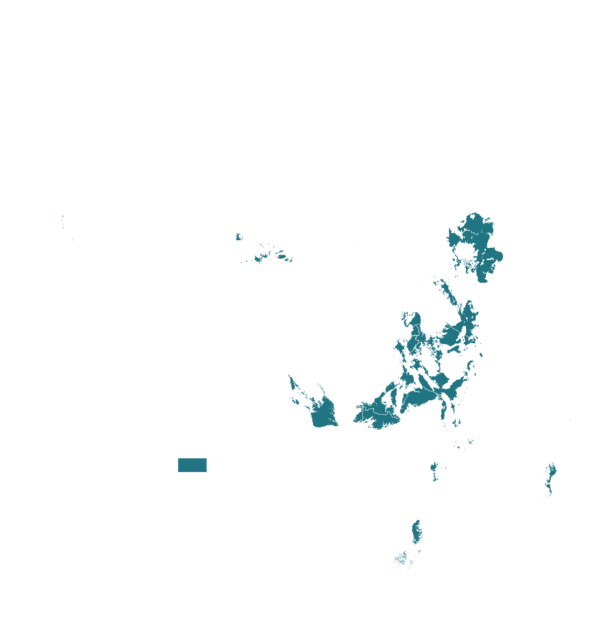
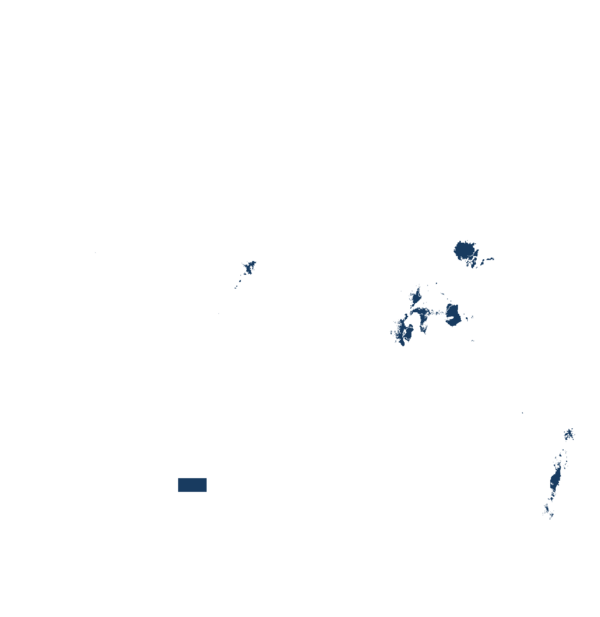
| AEZ | Subtropic - warm | Subtropic - cool | Tropic - warm | Tropic - cool |
|---|---|---|---|---|
| Arid | ||||
| Semiarid | ||||
| Subhumid | ||||
| Humid |
Source: HarvestChoice/IFPRI 2009
The United Nations Sustainable Development Goals that are applicable to this technology.






Preparation of Adhesive Solution: Dissolve the gum Arabic adhesive in clean, hot water.
Coating Soybean Seeds: Apply the adhesive solution to 10 to 15 kg of soybean seeds, ensuring an even coating on the seed exterior.
Inoculation with NoduMax: Add the inoculant to the adhesive-coated seeds. Mix until the inoculant appears as a fine brown powder, uniformly distributed on the seeds.
Planting Seeds: Plant the inoculated seeds shortly after application, ensuring they are protected from direct sunlight.
Last updated on 31 October 2025